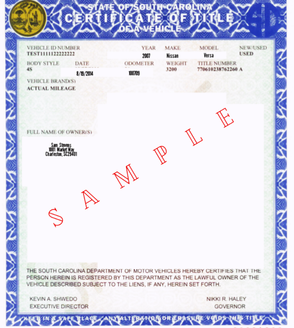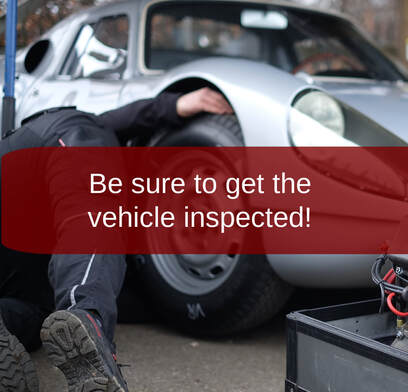
The Affect on your Credit Score
Your credit score is used for many things besides being able to get a loan. Higher credit scores often means better rates on credit cards, loans, and even insurance. An overwhelming amount of debt will lower your score.
Negative information stays on your credit report for seven years. Oftentimes, you will need to request the negative information to be removed after the time has expired. However, even if the information is gone, you may still owe that debt.
What Debtors Can Do if You Can’t Pay the Debt
First, understand that debtors are never allowed to lie or be abusive when they contact you to collect debts. They may try to bully you into payment agreements, but there are laws that protect you.
Debtors are also not allowed to contact you at inconvenient times (before 8:00 AM or after 9:00 PM) or places. Once they have been told you cannot receive calls at work, they can’t call there.
The debt collector can’t talk about your debt with anyone but you or your spouse, but they can contact other people to obtain your contact information.
A debt collector can sue you for the money you owed within a certain period of time. Any time you receive legal papers about your debt, you need to contact an attorney immediately and only respond through him/her.
If a Debt Collector Breaks the Law
If you feel a debt collector has broken the law, you may be able to sue the collector within one year of the violation. You will have to decide if any possible damages you may receive are enough to make a lawsuit worth your time. Again, this a discussion for you to have with your attorney.
Wage Garnishment
Each state has different laws about wage garnishment. A creditor must obtain a court order to garnish your wages. In South Carolina, wages cannot be garnished for commercial/personal debt. However, debt pertaining to child support, taxes, alimony, and student loans can be collected through garnishing your wages. Any federal benefits you may receive may also be garnished for those debts.
How Long a Creditor can Collect Debt
Creditors only have a certain number of years to collect your debt. This time begins the first time you miss a payment. Once the statute of limitations expires, the debt is considered “time-barred.” However, you need to be aware that every state has their own laws on how long the statute lasts and that may be different depending on what types of debt you have.
Often, creditors will work with you to resolve your debt. Most of the time, they would rather get a small amount from you each month than have to take you to court. For this reason, it is a good idea to contact your creditors immediately when you are having problems making your payments. Try to find a solution that works for you and your creditor before legal action is taken against you.



 RSS Feed
RSS Feed